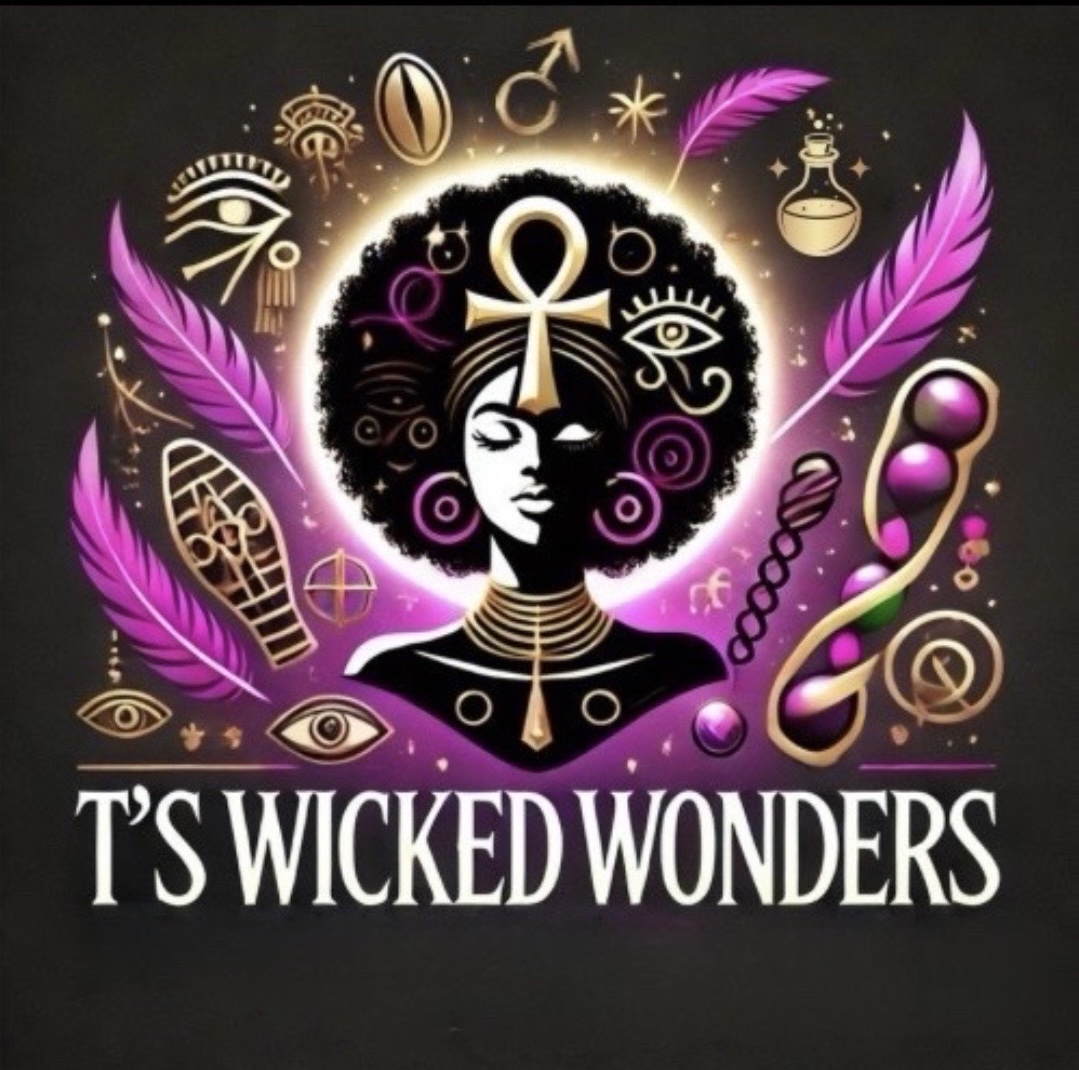We All Believe in God in Our Own Way—And His Name May Not Be the Same
- T's Wicked Wonders

- Mar 7, 2025
- 3 min read

In a world rich with diverse cultures, traditions, and spiritual paths, one truth remains constant: humanity has always sought a connection to the divine. Whether through prayer, meditation, ritual, or reflection, people across the globe turn to a higher power for guidance, strength, and purpose. But what we call that power—whether God, Allah, Olodumare, Yahweh, Brahman, the Great Spirit, or another sacred name—varies from person to person, culture to culture.
At the heart of all spiritual beliefs lies a deep yearning for understanding, love, and unity. Though the languages, stories, and symbols may differ, the essence remains the same: a recognition of something greater than ourselves, something that moves through creation, offering wisdom, balance, and grace.
Names May Differ, but the Light is One
If we look at the world’s spiritual traditions, we find striking similarities. The Yoruba people revere Olodumare as the supreme source of all creation, just as Christians look to God, Muslims to Allah, Hindus to Brahman, and Indigenous traditions to the Great Spirit. Each name reflects a different cultural lens, yet all point to the same divine force that breathes life into existence.
Just as water is called “agua” in Spanish, “eau” in French, and “omi” in Yoruba, the divine is named according to the tongues of those who call upon it. Yet, does the name itself change the essence of what it represents? The river flows regardless of what we call it; the sun rises whether we name it in English, Swahili, or Sanskrit. In the same way, the divine presence does not require a singular name to be real—it simply is.
The Pathways to God Are Many
Spirituality is not a one-size-fits-all journey. Some find connection through structured religion, while others experience the divine in nature, music, or the quiet whispers of their soul. What matters is not the specific road we walk but the truth and sincerity with which we seek.
In the Yoruba tradition, there is a proverb: “Orisa bi o le gbe mi, fi mi sile”, meaning, “If an Orisha cannot support me, let them leave me be.” This reflects a deep trust that the divine is present in many forms, and each person is guided to the path that resonates with their spirit.
Similarly, Rumi, the great Sufi poet, wrote:
“The lamps are different, but the light is the same.”
Whether one kneels in a mosque, lights candles in a church, meditates in a temple, or communes with nature in the forest, the sacred connection remains unchanged. The divine meets us where we are, in the way we are meant to understand.
Unity in Spiritual Diversity
The world today is often divided by religious and ideological differences, yet if we take a step back, we see that love, compassion, and faith are universal. Every tradition teaches kindness, respect, and the importance of living a meaningful life. The names and rituals may vary, but the core message remains: we are all connected, and the divine flows through all things.
Instead of focusing on what separates us, imagine the beauty of embracing the different ways people experience the sacred. Instead of debating which name is correct, what if we honored them all as different expressions of the same great mystery?
A Call to See the Divine in All Things
Perhaps the greatest act of faith is to recognize the divine not only in ourselves but in each other—regardless of background, belief, or tradition. To understand that the name we use for God does not make our faith greater or lesser, but simply unique to our journey.
So, whether you call upon God, Olodumare, Allah, or the Universe, know that your voice is heard. And in that recognition, we find unity, not in a single name, but in the shared truth that we are all seeking the same divine presence—each in our own beautiful way.
May we all walk our paths with wisdom, love, and an open heart.












Comments